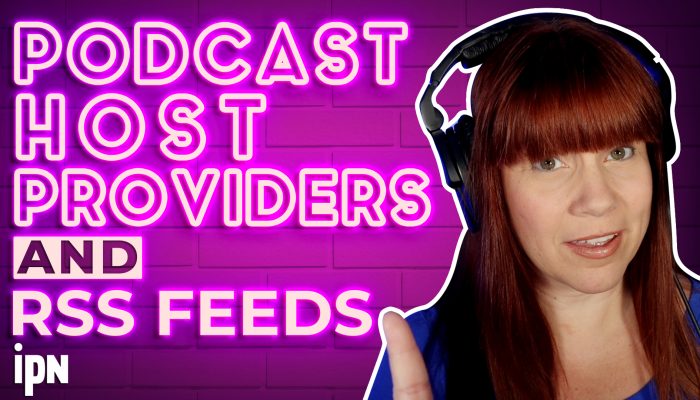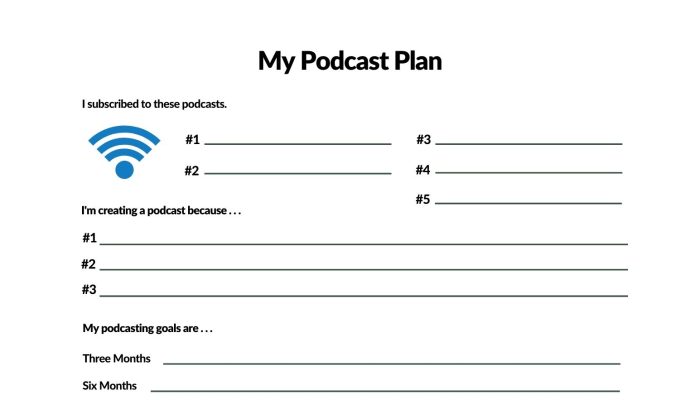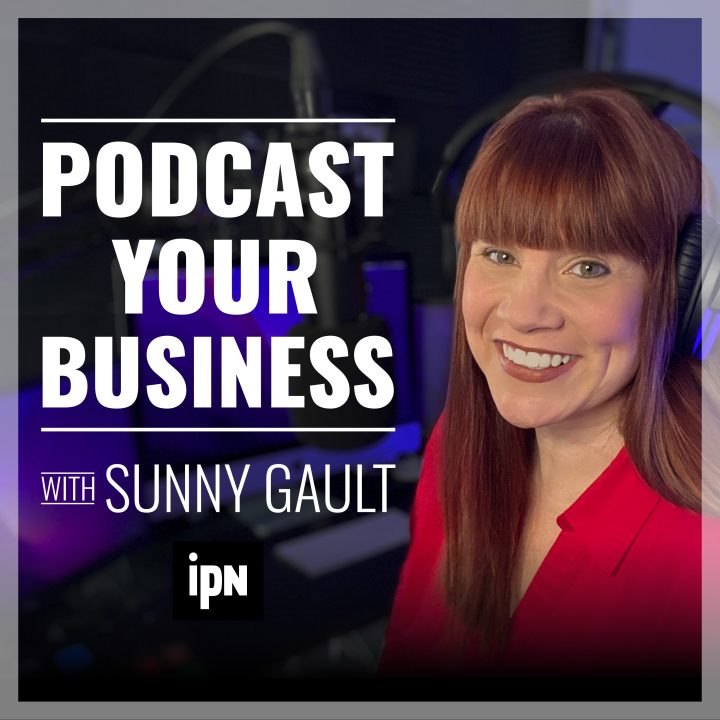
With over 2 million podcasts and 48 million episodes available worldwide, it’s more important than ever to have a solid strategy in place to unlock organic growth for your show. Unlike paid advertising or aggressive promotion tactics, organic growth is built on a foundation of quality content, audience connection, and strategic optimization. While it requires more effort on your part, it’s an effective and low-cost alternative to paid advertising.
Step #1: Define Your Target Audience
Start by identifying your podcast’s niche. What specific topic or theme are you passionate about exploring?
Next, create listener personas. These are fictional representations of your ideal listeners based on demographics, interests, and pain points. Think about factors like age, gender, occupation, and hobbies. What challenges do they face, and how can your podcast help address those issues?
For instance, if your podcast focuses on entrepreneurship, your listener persona might be a 30-year-old professional looking to start their own business. They may be seeking advice on how to overcome common challenges, such as securing funding or managing their time effectively.
Once you have a clear picture of your target audience, tailor your content accordingly. Use language and terminology that your listeners are familiar with, and tackle topics that are relevant to their interests and pain points.
Step #2: Produce High-Quality, Engaging Content
First and foremost, prioritize content quality. Your listeners are investing their valuable time in your podcast, so it’s essential to deliver episodes that are well-researched, informative, and entertaining. Put in the effort to plan your episodes, gather relevant information, and structure your content in a way that’s easy to follow and engaging.
To create compelling episodes, consider incorporating storytelling techniques. People are naturally drawn to stories, so weaving narratives into your content can help keep your listeners engaged. Share personal anecdotes, case studies, or examples that illustrate your points and make your episodes more relatable.
Step #3: Optimize Your Podcast for Discoverability
One of the first steps in optimizing your podcast is crafting compelling titles and descriptions for your episodes. Your episode titles should be clear, concise, and attention-grabbing. For your description, make them informative, engaging, and persuasive. Highlight the key topics, guests, or takeaways from each episode, and use language that resonates with your target audience.
Next, focus on selecting the right categories and tags for your podcast. Most podcast directories allow you to choose multiple categories and tags that describe your show’s content. Finally, create eye-catching artwork. Your podcast cover art is often the first thing potential listeners see when browsing through podcast directories
Step #4: Leverage Social Media
The first step in leveraging social media is choosing the right platforms for your podcast. Consider where your target audience is most active and focus your efforts on those platforms. For example, if your podcast targets professionals, LinkedIn might be a valuable platform to explore. If your content is visually engaging, Instagram could be a great fit.
Once you’ve selected your social media platforms, it’s time to create engaging content to promote your episodes. Share snippets, quotes, or key takeaways from your episodes to give your followers a taste of what they can expect. Use visuals, such as custom graphics or video teasers, to grab attention and encourage clicks.

Step #5: Encourage Listener Engagement and Reviews
Engaging with your listeners and encouraging them to leave reviews is a powerful way to boost your podcast’s visibility, credibility, and organic growth. When listeners feel connected to your show and see that others are enjoying and recommending it, they’re more likely to become loyal fans and share your podcast with their own networks.
To encourage listeners to leave reviews, make it a regular practice to mention it in your episodes. At the end of each episode, remind your listeners how much you appreciate their feedback and ask them to take a moment to leave a review on their preferred podcast platform.
In addition to seeking reviews, foster listener engagement by responding to comments and feedback. When listeners take the time to reach out to you, whether through social media, email, or your podcast’s website, make sure to acknowledge and respond to their messages. Show your appreciation for their support and engage in meaningful conversations.
Step #6: Collaborate with Other Podcasters and Influencers
Reach out to podcasters in your niche who have a similar or slightly larger audience than yours, and propose a guest appearance on each other’s shows. When you appear as a guest on another podcast, you’ll have the opportunity to showcase your expertise, share your unique perspective, and introduce yourself to a new audience. Make sure to provide value to their listeners and promote your own podcast in a natural, non-salesy way.
Another effective collaboration strategy is to co-create content with other podcasters or influencers. This can take the form of co-hosted episodes, joint webinars, or even limited-series collaborations. Co-creation also allows you to split the workload and cross-promote the content to your respective audiences, increasing its reach and impact.
Step #7: Analyze and Adapt
Unlocking organic growth for your podcast is an ongoing process that requires continuous monitoring, analysis, and adaptation. Make it a habit to review your analytics regularly, looking for trends and patterns in your data. Most podcast hosting platforms track key metrics such as download numbers, listener demographics, and episode retention rates. Pay attention to which episodes generate the highest download numbers and engagement rates.
Another important aspect of analysis is monitoring your podcast’s search engine rankings and discoverability. Use tools like Google Analytics to track how listeners are finding your podcast and which search terms are driving traffic to your website or episode pages. Your social media pages include similar analytics tools you should use in the same way.
Conclusion
Remember, organic growth is not about quick fixes or overnight success. It’s a gradual, authentic process that requires consistent effort and a commitment to serving your audience. By staying true to your podcast’s mission, values, and unique voice, you’ll build trust and credibility with your listeners, which is the key to sustainable growth.









